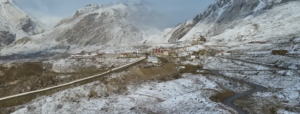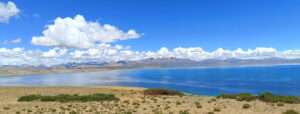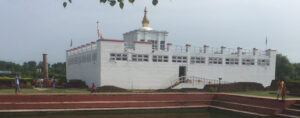Manaslu Trek in September- Nestled in the heart of the Nepalese Himalayas, the Manaslu region offers trekkers a mesmerizing experience like no other. With its breathtaking landscapes, diverse flora and fauna, and rich cultural heritage, the Manaslu trek has become an increasingly popular choice for adventurers seeking a unique and rewarding journey
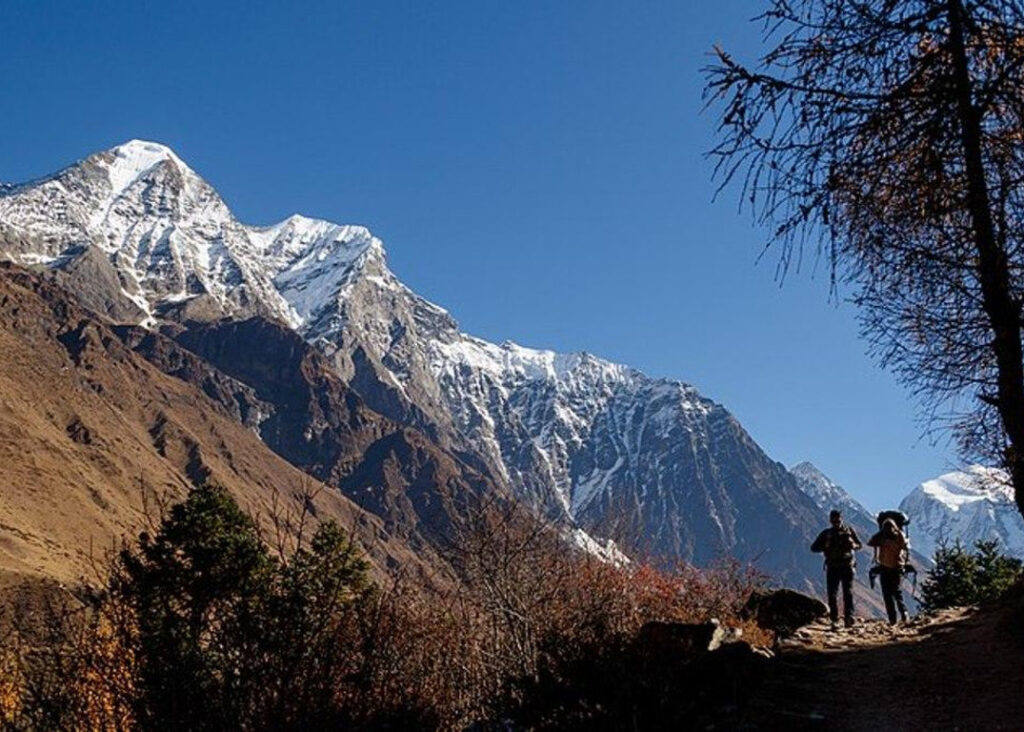
In this blog post, we will delve into the wonders of the Manaslu trek in September, discussing its highlights, weather conditions, captivating flora and fauna, surrounding beauty, essential gear, crowd levels, festivals, transportation options to Kathmandu, side treks, and the trek’s difficulty level.
Highlights of the Manaslu Trek in September
The Manaslu trek presents a plethora of highlights that captivate trekkers from start to finish. From awe-inspiring mountain vistas to traditional Tibetan villages, here are some of the trek’s key attractions:
Ancient Buddhist Monasteries
The Manaslu region is adorned with ancient Buddhist monasteries that hold immense cultural and spiritual significance. These monasteries, such as the Ribung Gompa, Shyala Monastery, and Pungyen Gompa, offer a glimpse into the rich history and traditions of the region.
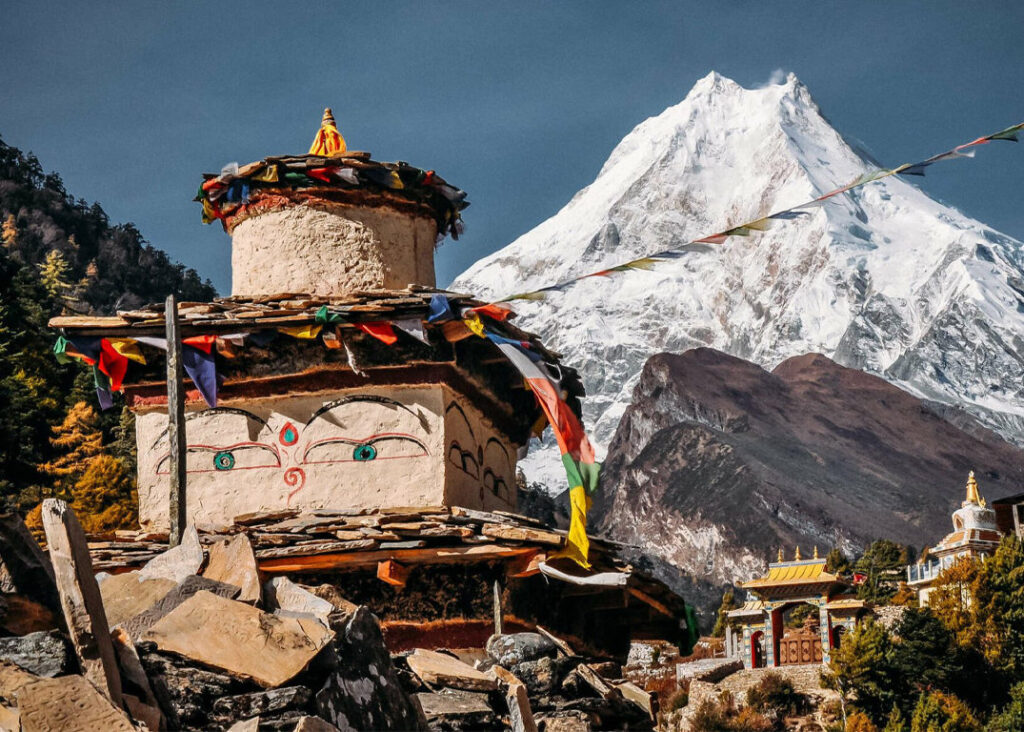
Visitors can witness the monks’ daily rituals, immerse themselves in the peaceful ambiance, and admire the intricate artwork and vibrant murals adorning the monastery walls.
Spectacular Mountain Views
The trek to Manaslu offers awe-inspiring views of the Himalayan range, including the magnificent Manaslu itself. As you ascend higher, you’ll be treated to panoramic vistas of neighboring peaks like Himalchuli, Ngadi Chuli, Ganesh Himal, and Annapurna II. The sight of these towering giants against the clear blue skies is a photographer’s dream and an unforgettable sight for trekkers.
Larkya La Pass
One of the most exhilarating moments of the Manaslu trek is crossing the Larkya La Pass. Sitting at an altitude of 5,160 meters (16,930 feet), this challenging mountain pass offers breathtaking views of surrounding snow-capped peaks and glacial valleys.
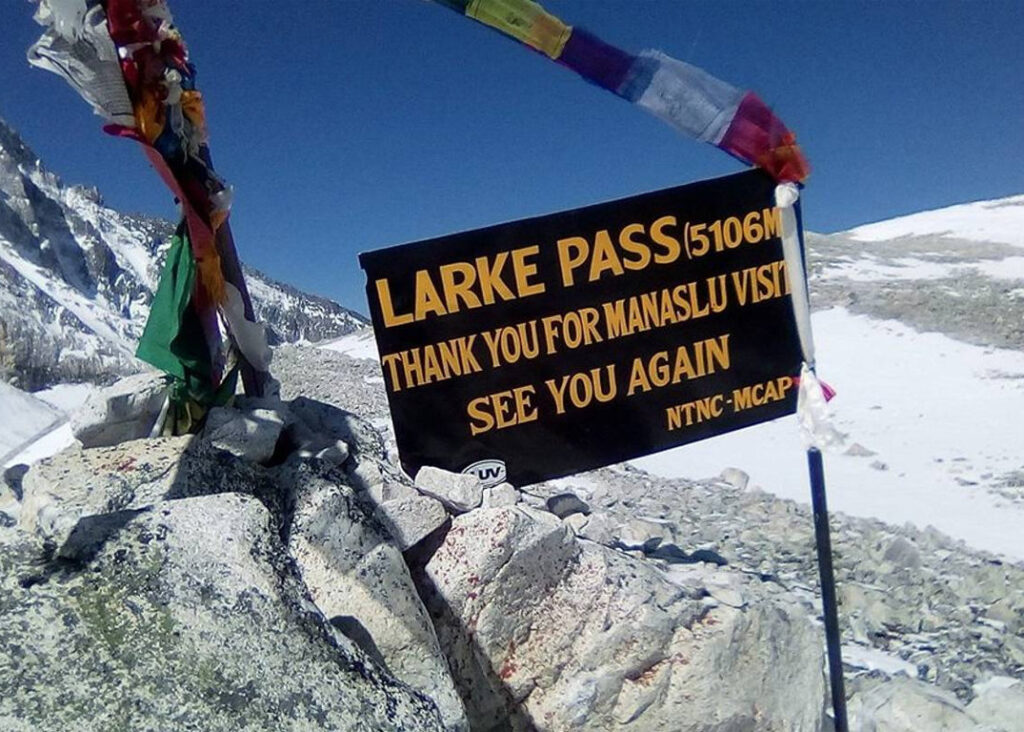
The sense of achievement upon reaching the pass and the surreal beauty of the high-altitude landscape make it a standout highlight of the trek.
Authentic Cultural Immersion
The Manaslu region is home to a rich blend of Tibetan and Nepalese cultures, and the trek provides ample opportunities for cultural immersion. Trekking through traditional villages like Samagaun, Lho, and Sirdibas allows you to interact with the locals, learn about their customs and traditions, and witness their way of life firsthand.
You can experience warm hospitality, taste traditional dishes, and gain a deeper appreciation for the local heritage.
Remote and Untouched Landscapes
Unlike some of the more popular trekking destinations in Nepal, the Manaslu region remains relatively untouched and less crowded. The trail takes you through remote areas, pristine forests, and serene valleys, providing a sense of tranquility and seclusion.
Also Read: Manaslu Trek in August: Weather, Difficulty, Travel Tips, and More
The untouched beauty of the landscapes, the absence of modern development, and the feeling of being immersed in nature make the trek a truly unique experience.
Suspension Bridges and Waterfalls
The Manaslu trek showcases a series of impressive suspension bridges that add an element of adventure to the journey. These bridges, spanning gushing rivers and deep gorges, offer thrilling crossings and magnificent views of the surrounding landscapes.
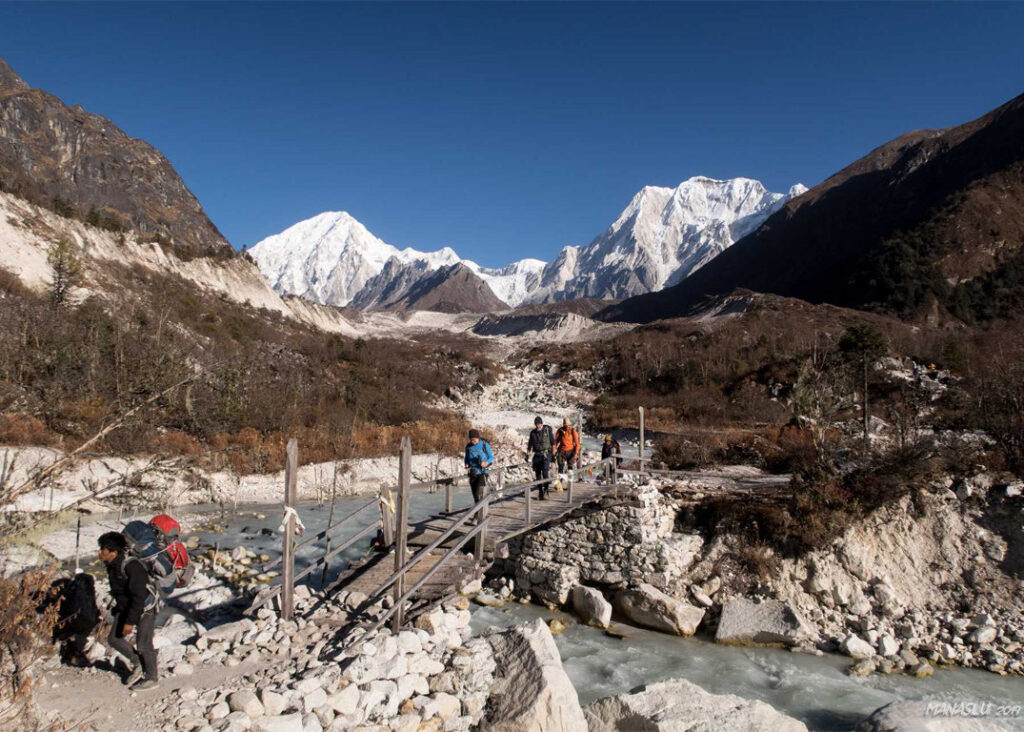
Additionally, you’ll encounter enchanting waterfalls cascading down rocky cliffs, creating picturesque scenes and opportunities to refresh and rejuvenate along the trail.
Cultural Festivals and Traditions
Apart from the Manaslu Festival mentioned earlier, trekkers in September might have the chance to witness other cultural festivals celebrated by the local communities. These festivals provide a window into the vibrant traditions, music, dance, and religious ceremonies of the region. From colorful processions to lively performances, these festive occasions offer a deeper connection to the local culture and an unforgettable cultural experience.
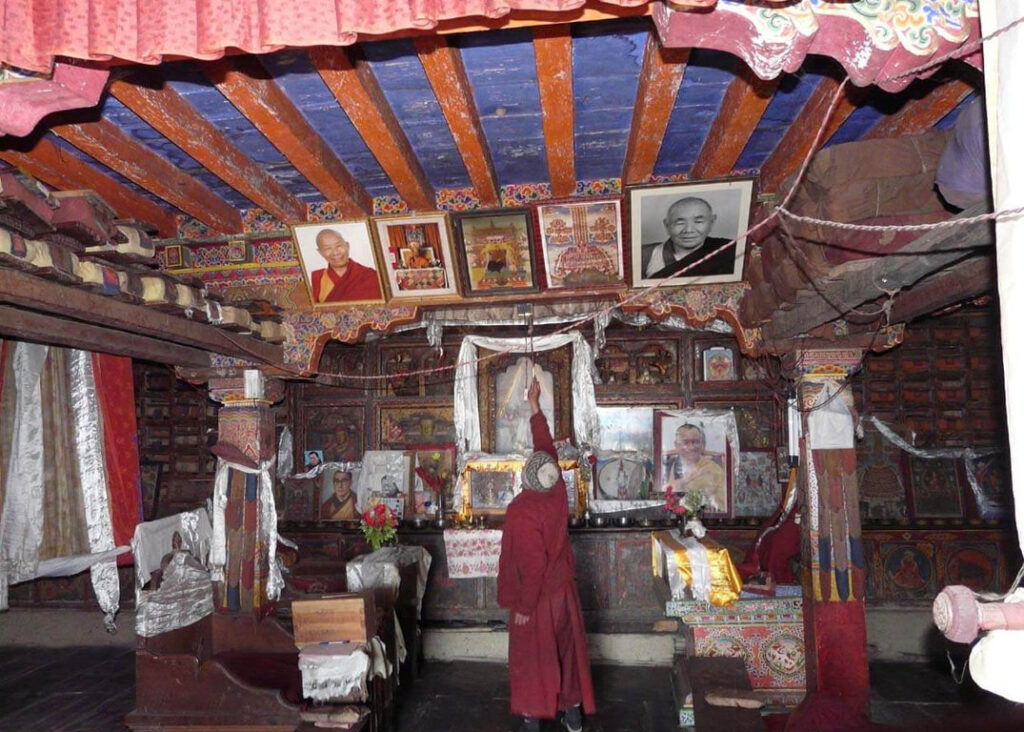
Incorporating these highlights into your Manaslu trek will undoubtedly create an enriching and memorable adventure, allowing you to appreciate the natural beauty, cultural heritage, and spiritual essence of the region.
Weather Conditions in September
September marks the beginning of the autumn season in Nepal, making it an excellent time to embark on the Manaslu trek. During this period, the weather is generally stable, with clear skies, mild temperatures, and minimal precipitation. However, it’s essential to be prepared for temperature fluctuations, especially at higher altitudes, where it can get colder. Carrying layers of clothing, including warm jackets and sleeping bags, is crucial for ensuring comfort and safety.
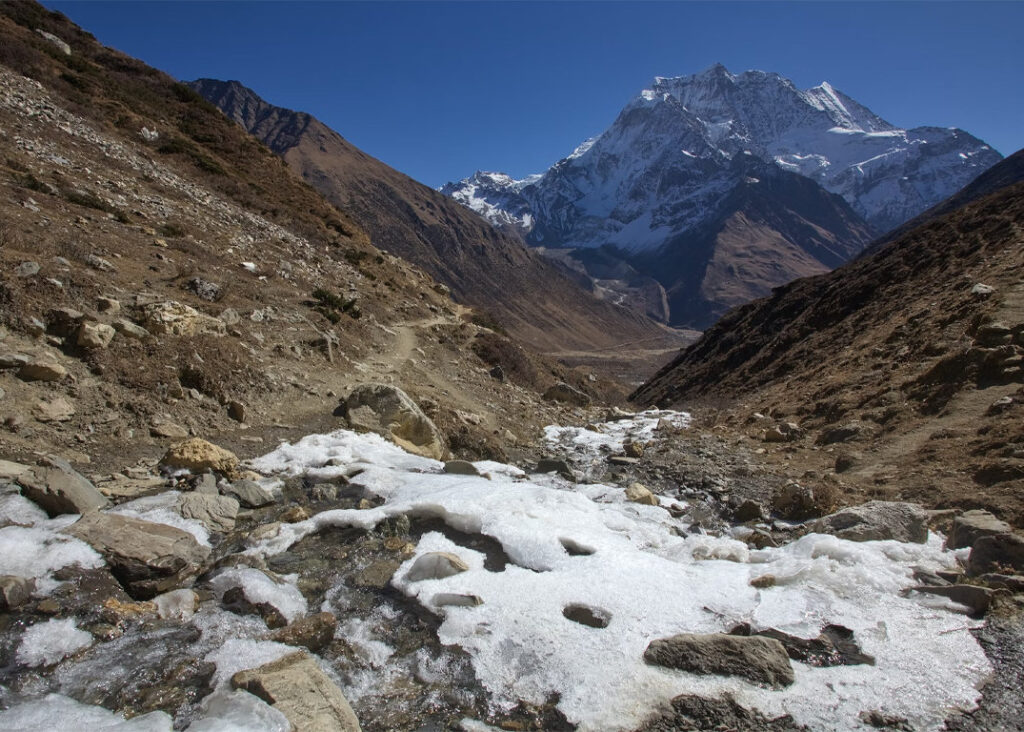
September is a favorable time to undertake the Manaslu trek due to the onset of autumn in Nepal. The weather during this period is generally stable, making it an ideal season for trekking. Here are some key aspects of the weather conditions:
Clear Skies
September offers relatively clear skies, providing trekkers with excellent visibility and stunning views of the surrounding landscapes, including the majestic peaks of the Himalayan range.
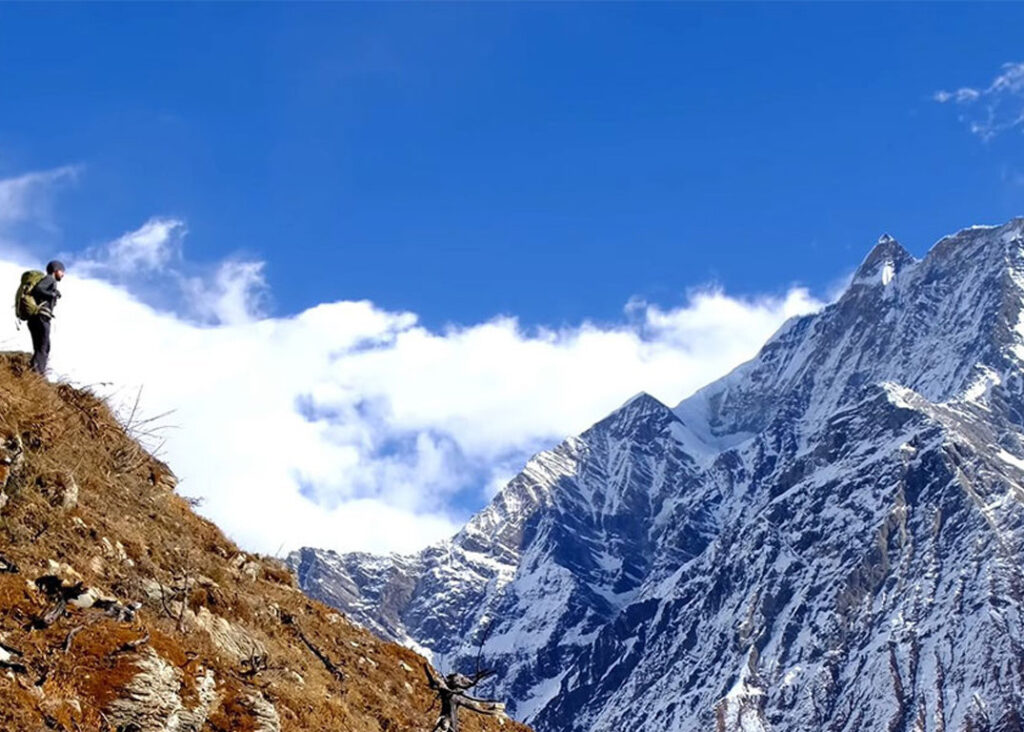
The crisp, blue skies create a picturesque backdrop for the trek, allowing for breathtaking panoramas and memorable photo opportunities.
Mild Temperatures
During September, temperatures in the Manaslu region tend to be moderate and pleasant, especially at lower altitudes. In the daytime, temperatures can range from around 10 to 20 degrees Celsius (50 to 68 degrees Fahrenheit). However, as you ascend to higher elevations, temperatures gradually drop, and it can become colder, particularly during early mornings and nights.
Popular: Manaslu Trek in July: Weather, Difficulty, Travel Tips, and More
Minimal Precipitation
September marks the end of the monsoon season in Nepal, and as such, the rainfall decreases significantly. While there might still be occasional showers or drizzles, they are generally infrequent and short-lived. The reduced precipitation ensures that the trails are relatively dry and less muddy, making for more comfortable trekking conditions.
Temperature Fluctuations
It’s important to note that as you gain altitude during the trek, the temperatures can fluctuate significantly. At higher elevations and especially around the Larkya La Pass, temperatures can drop below freezing, especially during early mornings and nights.
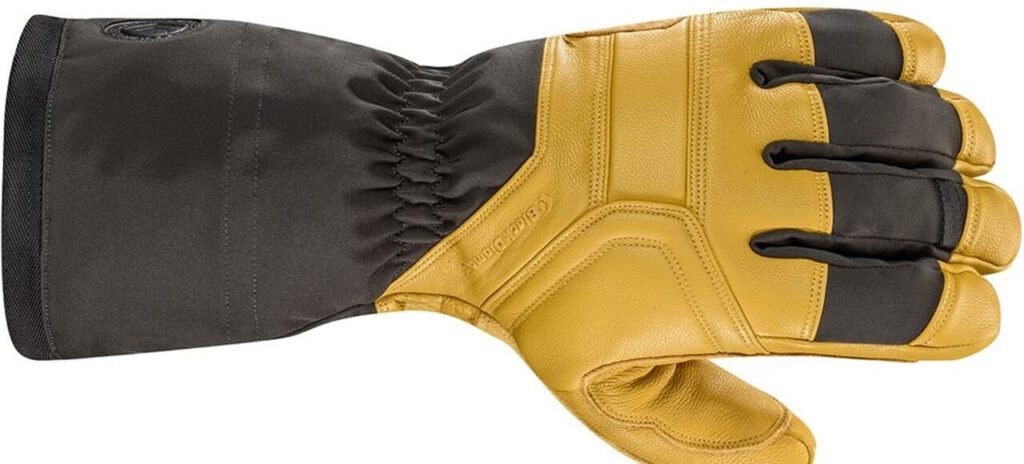
It is essential to be prepared for colder conditions and pack appropriate layers of warm clothing, including insulated jackets, thermal base layers, hats, and gloves.
Daytime Sunshine
September offers a good amount of sunshine during the daytime. The pleasant daytime temperatures and abundant sunshine create a comfortable trekking environment, allowing you to enjoy the beauty of the landscapes and the surrounding mountains to the fullest.
Rapid Weather Changes
While September generally offers stable weather conditions, it’s important to be aware that mountain weather can be unpredictable, and rapid changes are not uncommon. Even during the autumn season, occasional weather fluctuations, including sudden cloud cover and brief rain showers, can occur. Therefore, it is advisable to stay prepared with rain gear and be flexible with your itinerary to adjust to any unforeseen weather changes.
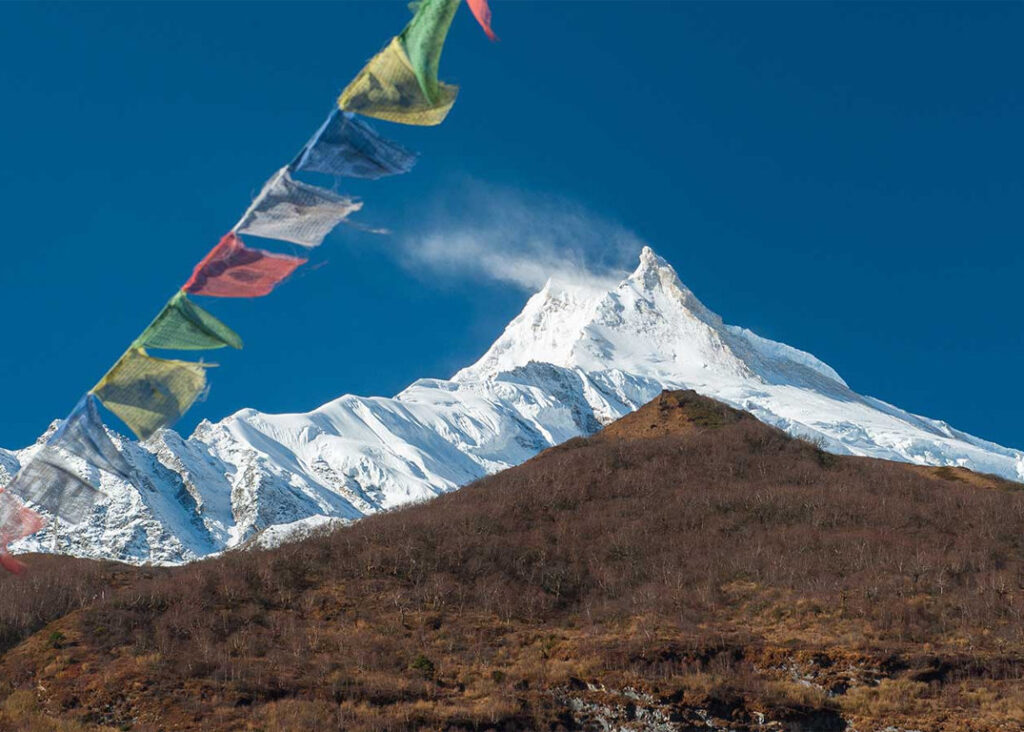
By considering these weather conditions and preparing accordingly with appropriate clothing and gear, trekkers can make the most of the pleasant weather during the Manaslu trek in September, ensuring a comfortable and enjoyable journey amidst the awe-inspiring Himalayan landscapes.
Flora and Fauna
The Manaslu region boasts a remarkable array of flora and fauna, thanks to its diverse landscapes. As you traverse through lush forests and alpine meadows, you’ll encounter a variety of plant species, including rhododendrons, bamboo, and pine trees.
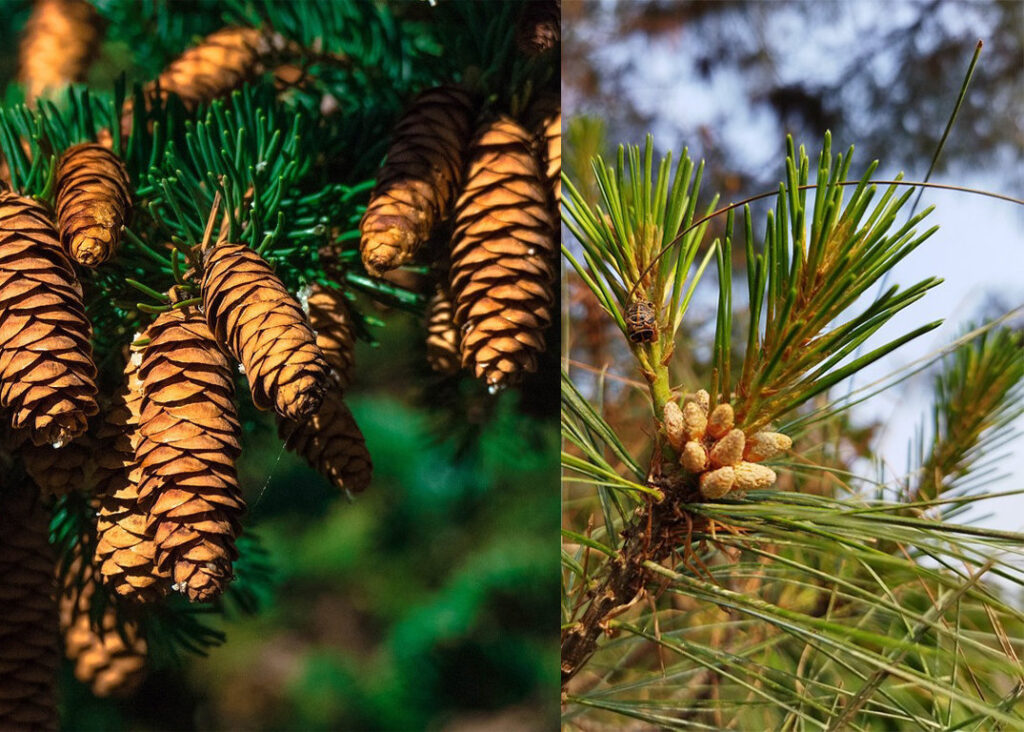
Wildlife enthusiasts may spot Himalayan tahr, musk deer, snow leopards, and several bird species like Himalayan Monal and Tibetan Snowcock. The trek is a nature lover’s paradise, offering opportunities to marvel at the unique biodiversity of the region.
Flora
Rhododendrons
The Manaslu region is home to a variety of rhododendron species. In the spring season, these vibrant flowers paint the hillsides in hues of pink, red, and white, creating a stunning spectacle for trekkers.
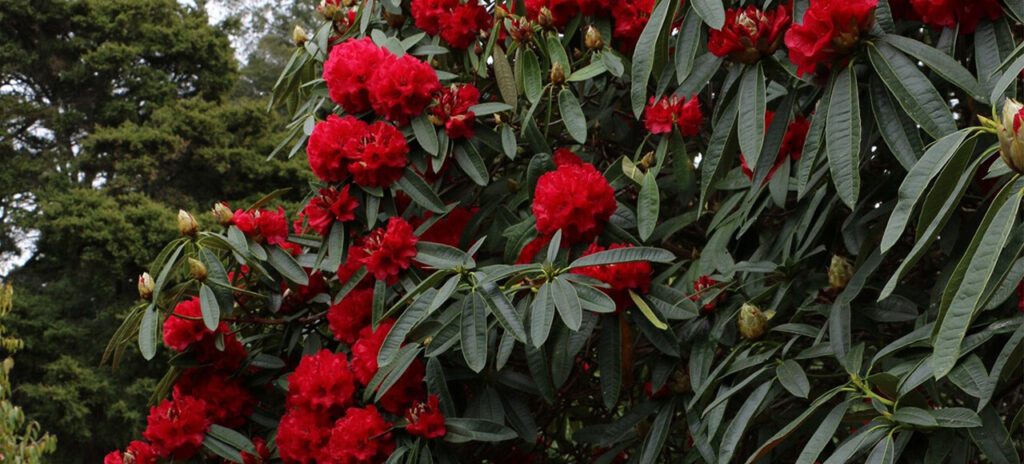
Bamboo and Pine Forests
As you trek through lower elevations, you’ll traverse lush forests dominated by bamboo and pine trees.
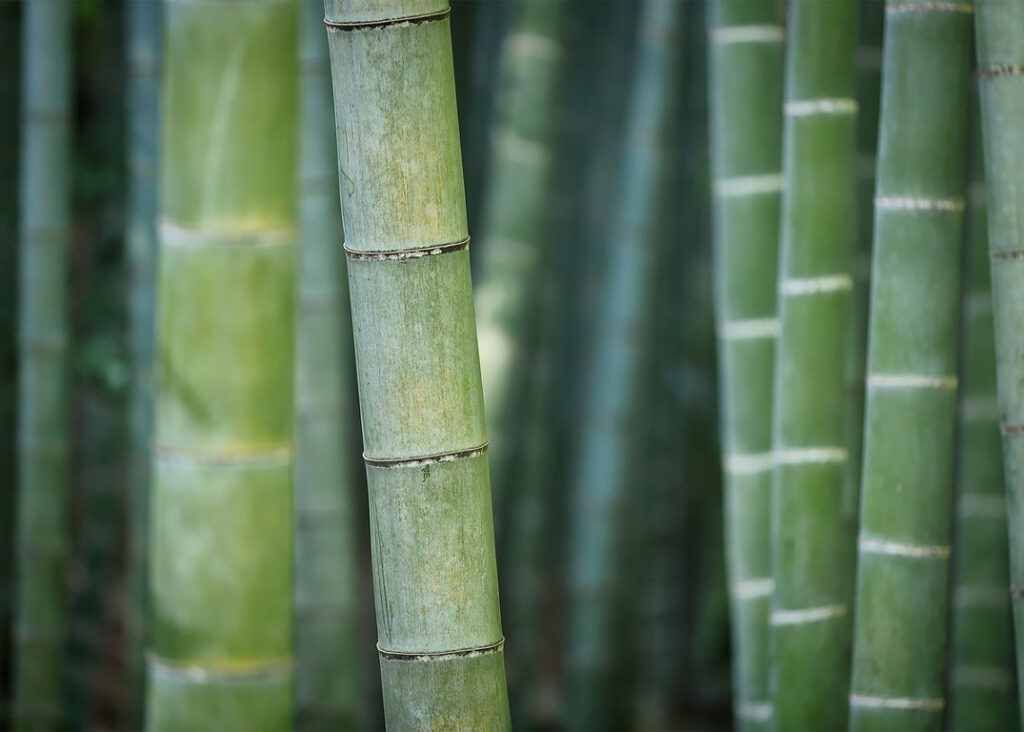
The dense foliage provides shade and a sense of tranquility, adding to the overall beauty of the trekking route.
Alpine Meadows
As you ascend to higher altitudes, the landscape transitions to alpine meadows adorned with a mix of wildflowers.
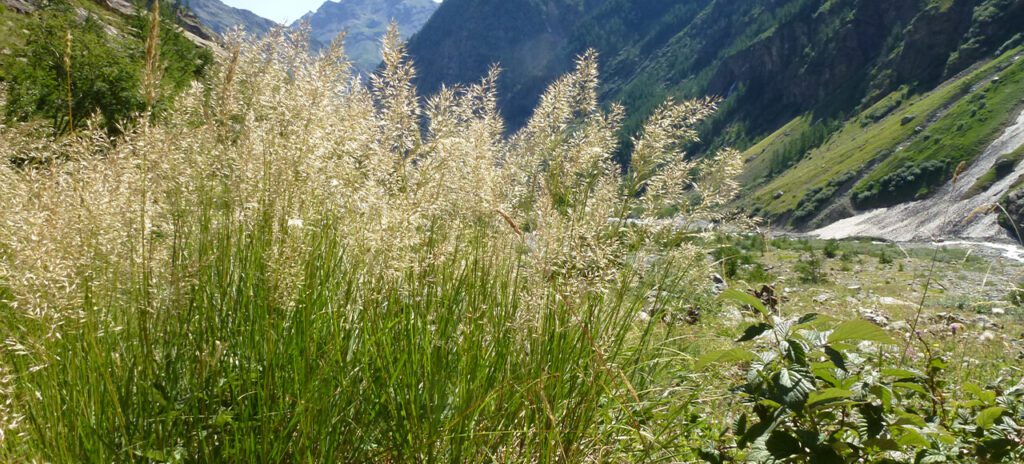
The meadows burst with colors like purple, yellow, and white, creating a breathtaking contrast against the backdrop of snow-capped peaks.
More: Manaslu Trek in June: Weather, Difficulty, Travel Tips, and More
Medicinal and Aromatic Plants:
The Manaslu region is known for its rich biodiversity, including several species of medicinal and aromatic plants. Herbs like juniper, nettles, and Yarshagumba (a caterpillar fungus with medicinal properties) can be found in the region.
Fauna
Himalayan Tahr
The Manaslu region is home to the Himalayan Tahr, a species of wild goat with thick, shaggy fur. These agile animals can be spotted grazing on steep slopes and rocky terrain.
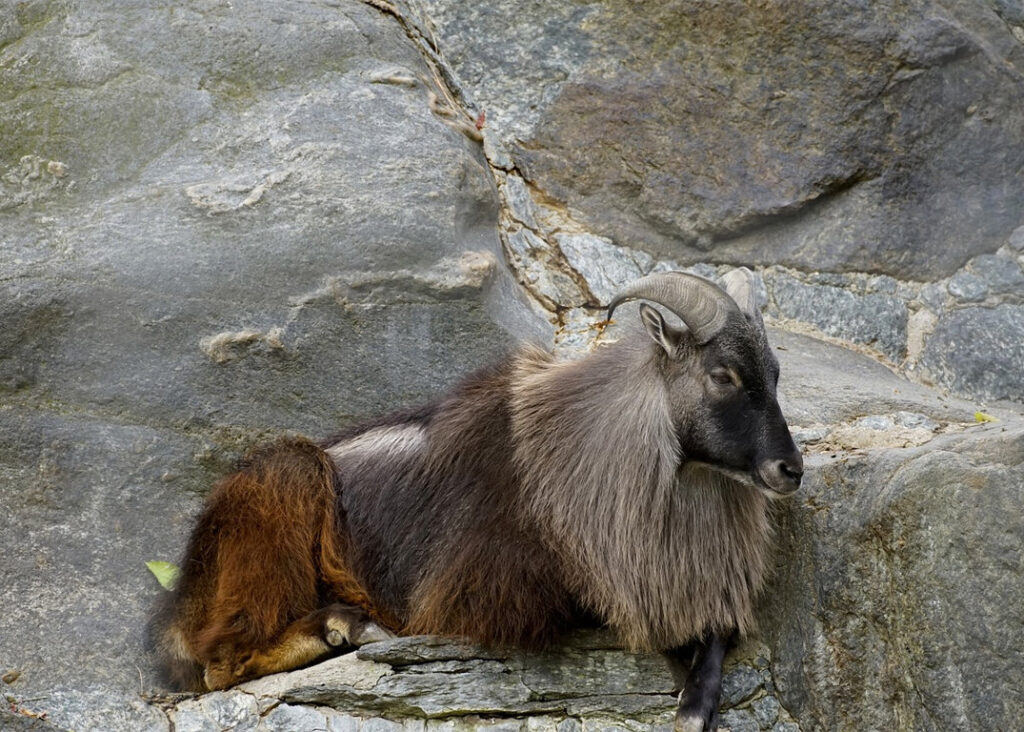
Musk Deer
The dense forests of the Manaslu region provide habitat for musk deer. These elusive creatures are known for their musk glands, which are highly valued for their aromatic properties.
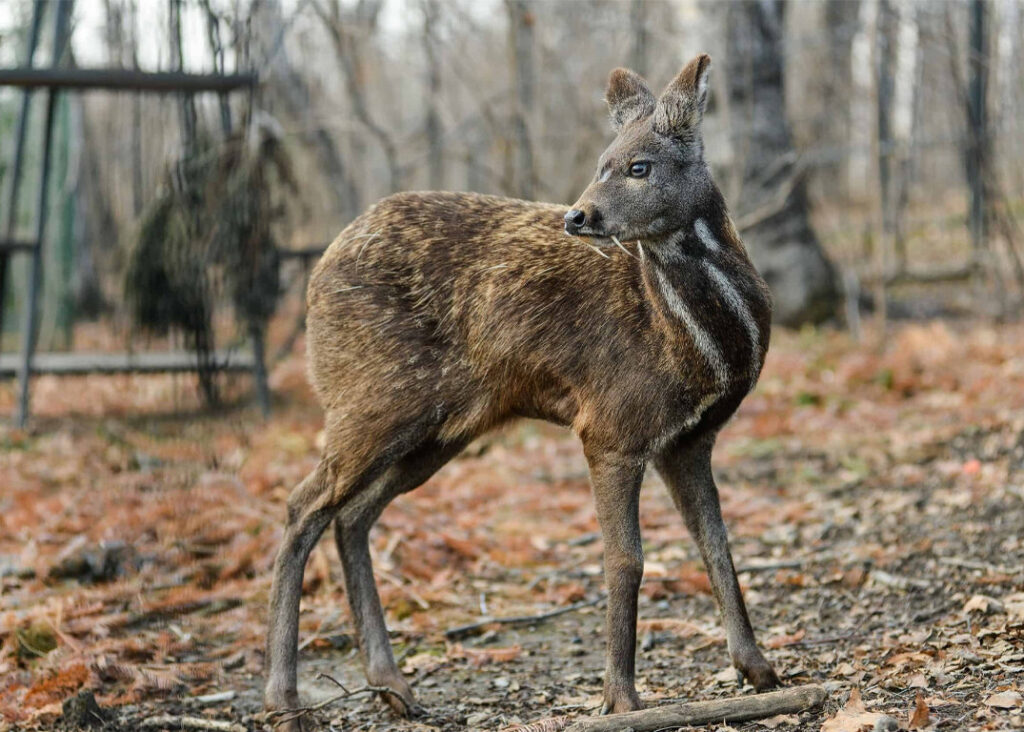
Snow Leopards
While extremely rare to spot, the Manaslu region is part of the snow leopard’s natural range. These elusive and majestic big cats inhabit higher elevations, making them a prized sighting for lucky trekkers.
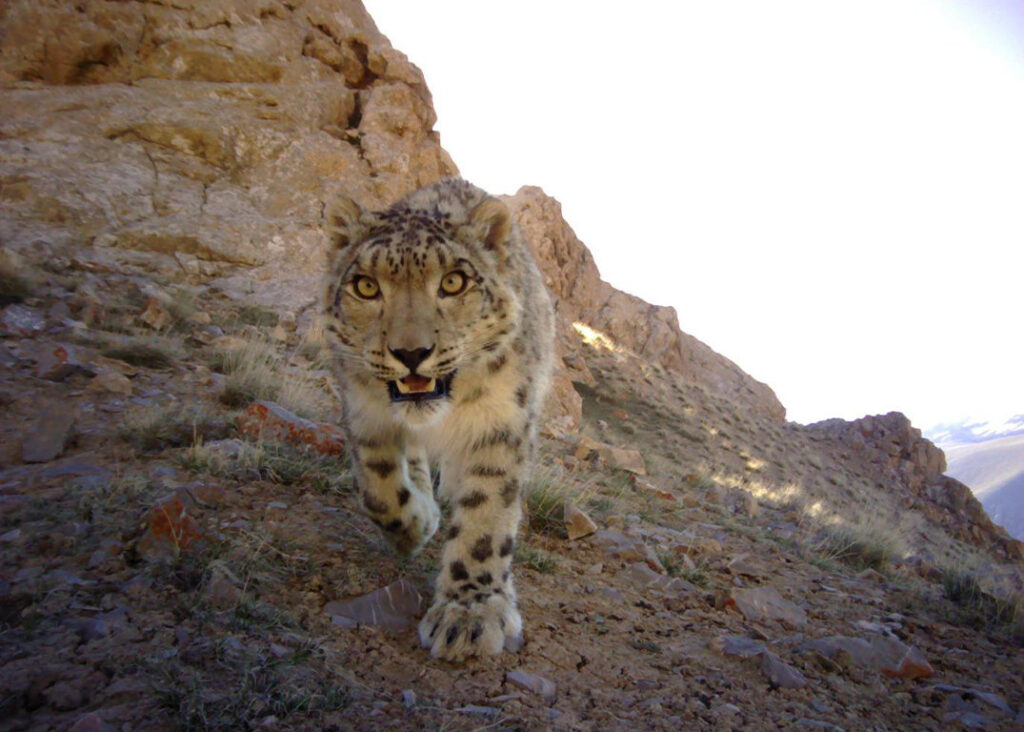
Himalayan Monal
The colorful Himalayan Monal, also known as the Impeyan Monal, is a striking bird species found in the region. The male Monal’s iridescent plumage, with hues of blue, green, and red, is a sight to be seen.
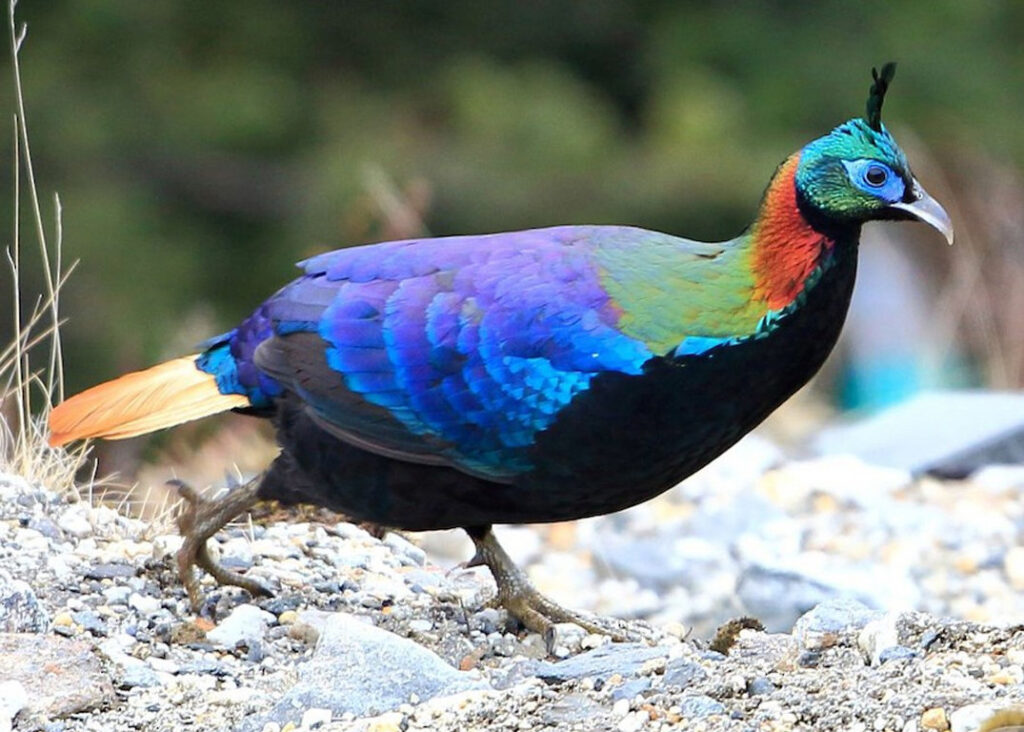
Tibetan Snowcock
Another avian delight is the Tibetan Snowcock, a large game bird with gray and white plumage. It inhabits rocky slopes and high-altitude meadows and can be spotted during the trek.
Other Bird Species
The Manaslu region is a haven for birdwatchers. Various species of birds, including Himalayan griffon vultures, lammergeiers, golden eagles, and colorful pheasants, can be observed in their natural habitat.
It’s important to note that the sighting of wildlife can be unpredictable and depends on various factors, including season, elevation, and luck. However, the Manaslu region’s diverse flora and fauna offer trekkers a unique opportunity to connect with nature and witness the beauty of the Himalayan ecosystem.
You may also like: Manaslu Trek in May
Remember to maintain a respectful distance from wildlife, observe them from a distance, and adhere to responsible trekking practices to preserve the region’s delicate environment for future generations.
Surroundings and Cultural Delights
The Manaslu trek offers trekkers an authentic glimpse into the rich cultural tapestry of the region. Passing through traditional Tibetan-influenced villages, you’ll witness the daily lives of the warm and welcoming locals.
The architectural marvels of ancient monasteries, colorful prayer flags fluttering in the wind, and encounters with monks practicing their spiritual rituals add to the cultural immersion. The serene beauty of the region, coupled with its cultural heritage, creates an unforgettable experience.
Essential Gear
To ensure a successful and safe trek, it’s crucial to pack the right gear. Here are some essential items to consider:
Trekking Boots:
A sturdy and comfortable pair of trekking boots is essential for the Manaslu trek.
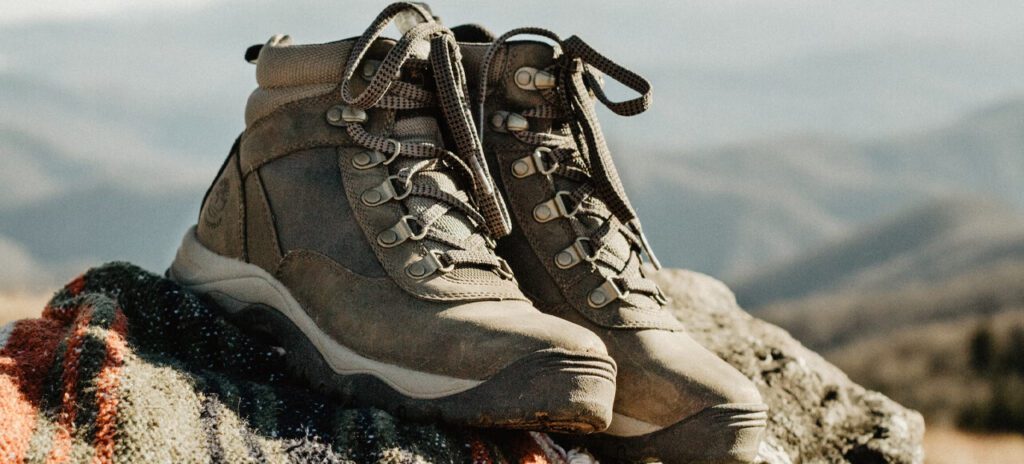
Choose boots that provide good ankle support, have a sturdy sole with proper traction, and are well broken in before the trek to avoid blisters and discomfort.
Backpack:
A durable backpack with a capacity of around 40-50 liters is recommended to carry your personal belongings and trekking essentials.
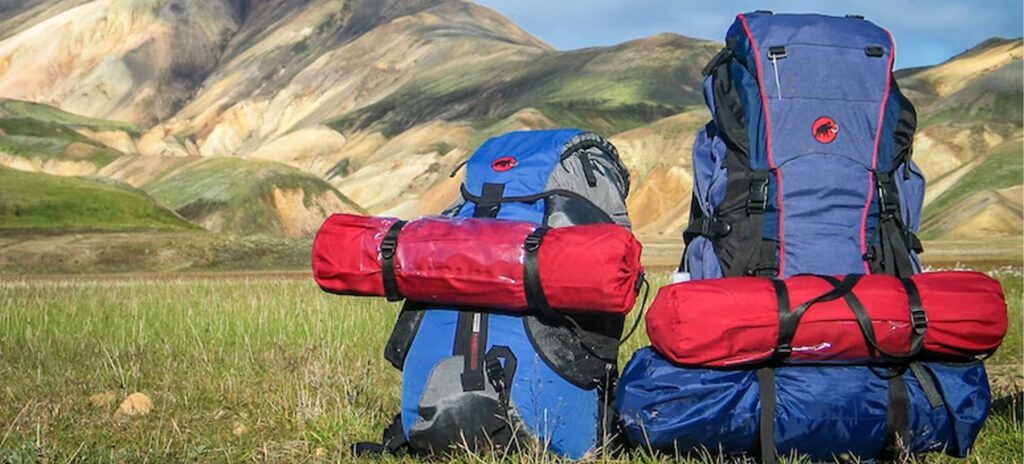
Look for a backpack with adjustable straps and padding for a comfortable fit.
Clothing Layers:
- Base Layers: Moisture-wicking and quick-drying base layers are crucial for managing your body temperature and keeping you comfortable during the trek. Opt for lightweight and breathable materials like merino wool or synthetic fabrics.
- Insulating Layers: Pack a warm insulating layer, such as a down or synthetic jacket, to provide warmth during colder temperatures, especially at higher altitudes.
- Shell Layers: A waterproof and windproof outer shell jacket and pants are essential to protect against rain, snow, and wind. Look for garments made with breathable and waterproof materials like Gore-Tex.
- Trekking Pants: Choose lightweight and quick-drying pants that provide freedom of movement. Convertible pants that can be converted into shorts are also convenient for varying weather conditions.
- Trekking Shirts: Pack a mix of short-sleeved and long-sleeved moisture-wicking shirts for layering and sun protection.
Warm Accessories:
- Hat: A warm, fleece-lined hat or beanie is essential to protect your head and ears from the cold.
- Gloves: Insulated and waterproof gloves are crucial to keep your hands warm and protected, especially at higher elevations.
- Scarf or Buff: A versatile scarf or buff can serve as a neck warmer, face cover, or headband, providing protection against cold and wind.
Trekking Socks:
Invest in good-quality, moisture-wicking trekking socks to keep your feet dry and comfortable. Carry multiple pairs to change as needed.
Trekking Poles:
Consider using trekking poles to provide stability and support, particularly during steep ascents and descents. They help reduce strain on your knees and provide additional balance.
Sleeping Bag:
A warm and lightweight sleeping bag suitable for cold temperatures is essential, especially at higher altitudes. Choose a bag with a temperature rating suitable for the conditions you’ll encounter.
Related: Manaslu Trek in April: Weather, Difficulty, Travel Tips, and More
Headlamp:
A reliable headlamp with extra batteries is essential for navigating during early morning starts, late evenings, and in case of emergency.
Water Bottle and Water Purification:
Carry a reusable water bottle to stay hydrated throughout the trek. A water purification system or water purification tablets can be used to treat water from local sources.
First Aid Kit:
Pack a well-stocked first aid kit that includes essentials such as bandages, blister treatments, pain relievers, altitude sickness medication, and any personal medications.
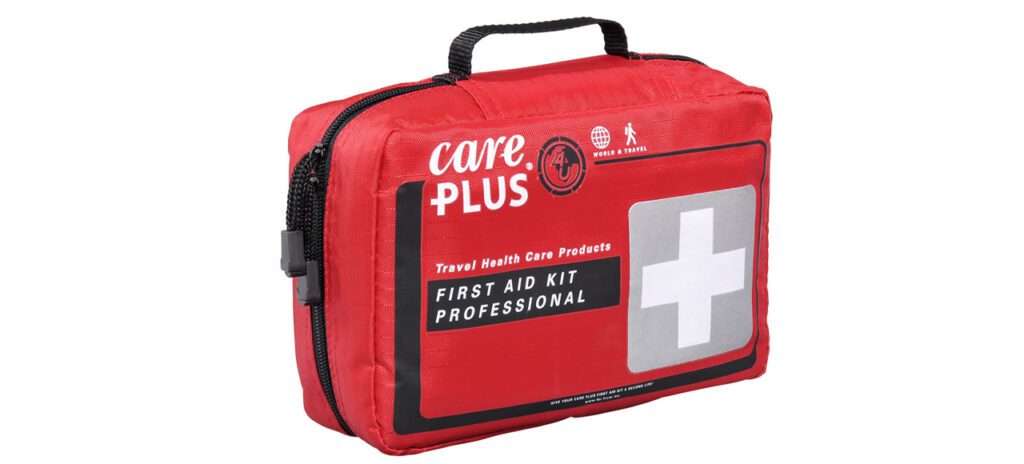
Toiletries:
Carry basic toiletries, including sunscreen, lip balm with SPF, hand sanitizer, wet wipes, toilet paper, and personal hygiene products.
Other Essentials:
- Sunglasses: Choose sunglasses that provide 100% UV protection to shield your eyes from the sun’s glare at higher altitudes.
- Sunscreen: Carry a high SPF sunscreen to protect your skin from the intense mountain sun.
- Trekking Hat or Cap: A lightweight hat or cap helps protect your face and scalp from the sun.
- Quick-drying Towel: A compact and quick-drying towel is useful for personal hygiene and washing up.
- Snacks and Energy Bars: Carry lightweight, high-energy snacks to fuel you
Crowd Levels
Compared to other popular treks like Everest Base Camp, the Manaslu trek generally sees fewer crowds, allowing trekkers to enjoy a more secluded and peaceful experience.
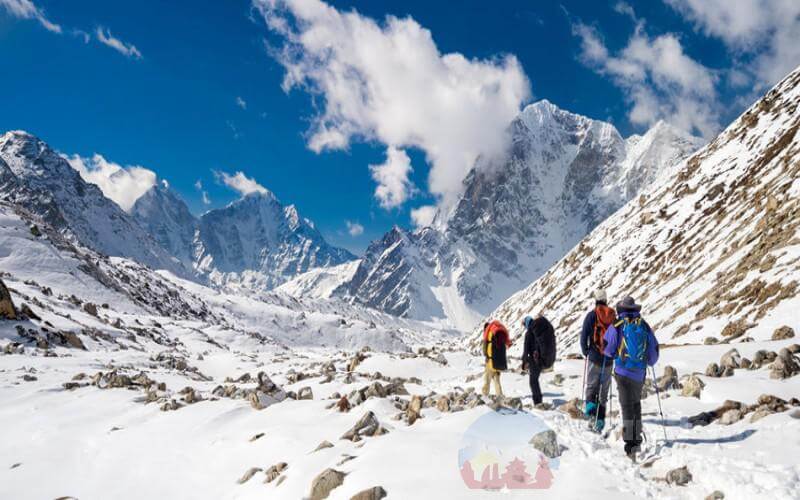
In September, the number of trekkers increases compared to the monsoon season but remains relatively moderate. This allows for a more immersive connection with nature and the local culture.
Festivals and Cultural Experiences:
Manaslu Trek in September- September is an exciting time to undertake the Manaslu trek as it coincides with various festivals celebrated by the local communities. One notable festival is the Manaslu Festival, which showcases the unique cultural traditions, music, dance, and religious ceremonies of the region.
It’s an opportunity to witness vibrant cultural performances, taste traditional cuisine, and engage in festivities with the locals. Participating in these celebrations adds a special dimension to the trek, fostering a deeper understanding of the local way of life.
Getting from Manaslu to Kathmandu
After completing the Manaslu trek, trekkers typically return to Kathmandu, the capital city of Nepal, to conclude their journey. There are a few transportation options available:
- Jeep or Bus: Shared jeeps and buses operate from Dharapani, the endpoint of the Manaslu trek, to Kathmandu. The journey takes approximately 8-10 hours, depending on road conditions.
- Private Vehicle: Hiring a private vehicle offers more flexibility and comfort, allowing for a quicker return to Kathmandu.
- Domestic Flight: Another option is to take a domestic flight from the nearby town of Pokhara to Kathmandu, reducing travel time significantly.
Side Treks and Exploration
For those seeking additional adventure and exploration, there are several side treks and extensions available in the Manaslu region. Some popular options include:
- Tsum Valley: Located adjacent to the Manaslu Circuit, the Tsum Valley is a hidden gem known for its ancient monasteries, stunning landscapes, and the warm hospitality of the local Tsumba people.
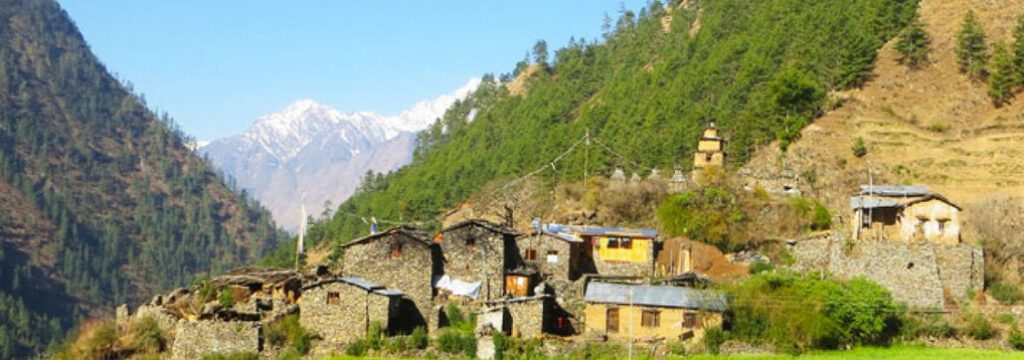
- Pungyen Gompa: A side trip to Pungyen Gompa provides an opportunity to visit a sacred monastery nestled amidst pristine natural beauty. The panoramic views of Manaslu and the surrounding peaks from this vantage point are awe-inspiring.
- Birendra Lake: Situated near the village of Samagaun, Birendra Lake offers a peaceful retreat surrounded by mountains and glaciers, providing a serene environment for relaxation and reflection.
Manaslu Trek in September
The Manaslu trek in September is considered a moderately challenging trek, suitable for trekkers with prior hiking experience and a good level of fitness. The trail involves steep ascents and descents, with the highlight being the Larkya La Pass at an altitude of 5,160 meters (16,930 feet).
Altitude sickness can be a concern, so it’s essential to acclimatize properly and allow sufficient rest days during the trek. Hiring an experienced guide and having a well-planned itinerary can greatly contribute to a safe and enjoyable trekking experience.
Let our expert team at Asian Heritage Treks and Travel take care of everything — from guided tours to personalized packing tips and travel arrangements.
Plan My Manaslu Trip




